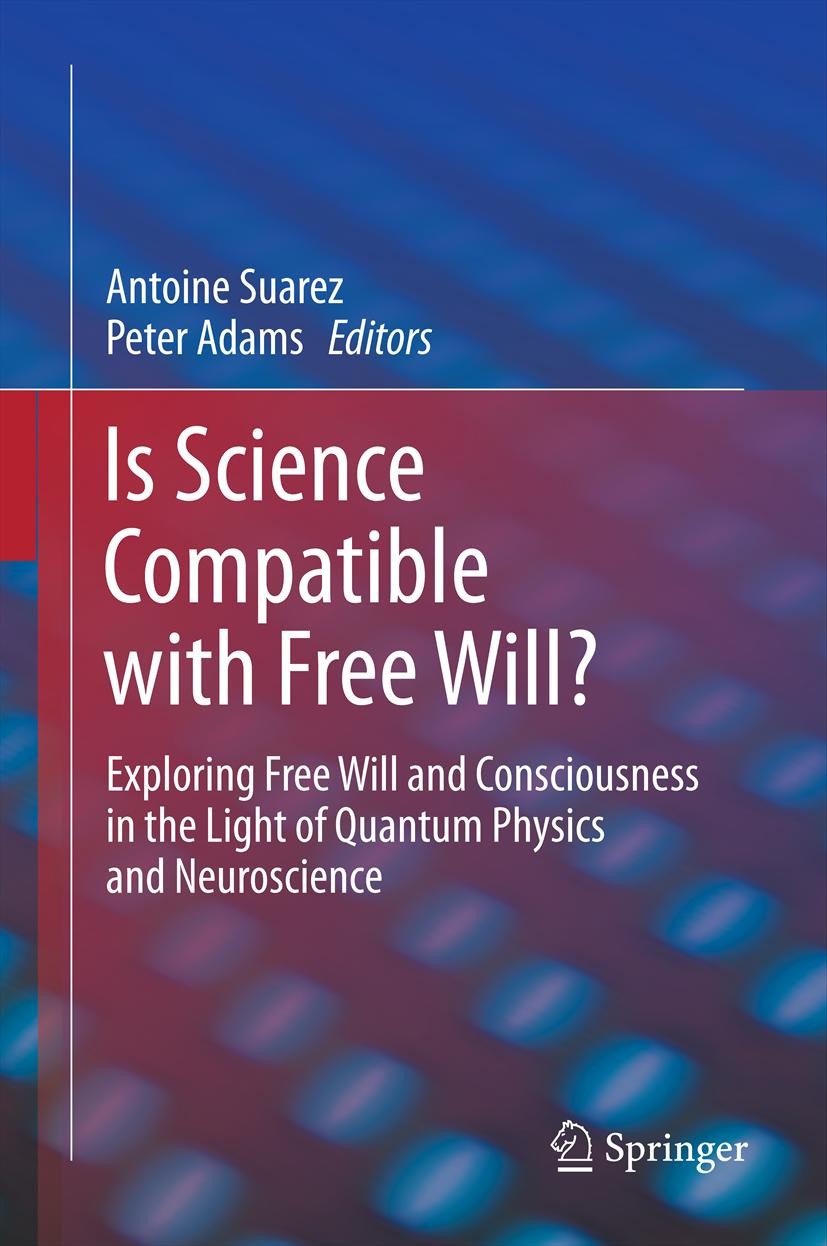El libro recopila los documentos presentados en la Reunión de expertos de STI 2010 «Is Science Compatible with Our Desire for Freedom?» e incluye otros escritos específicamente para este volumen.
Existe un conflicto entre la convicción de la vida diaria de que un ser humano tiene libre albedrío y la neurociencia determinista. Ante este conflicto, son posibles dos posiciones alternativas: o la libertad humana es una ilusión, o la neurociencia determinista no tiene la última palabra en el cerebro y eventualmente será reemplazada por una neurociencia que admite procesos no completamente determinados por el pasado. Este libro investiga si es posible tener una ciencia en la que haya espacio para la libertad humana. El libro generalmente concluye que el mundo y el cerebro están gobernados en cierta medida por agencias no materiales, y la conciencia limitada no elimina el libre albedrío y la responsabilidad.
Los autores presentan perspectivas que provienen de diferentes disciplinas (Neurociencia, Física Cuántica y Filosofía) y van desde aquellas que se centran en los antecedentes científicos, hasta aquellas que destacan más bien un análisis filosófico. Sin embargo, todos los capítulos comparten una característica común: toman las observaciones y datos científicos actuales como base para extraer implicaciones filosóficas. Son estas características las que hacen que este volumen sea único, un enfoque interdisciplinario excepcional que combina la fuerza científica y la profundidad filosófica.
Puede comprar el libro, leer resúmenes de capítulos y descargar ensayos individuales en SpringerLink.
Lea las presentaciones en Amazon.
